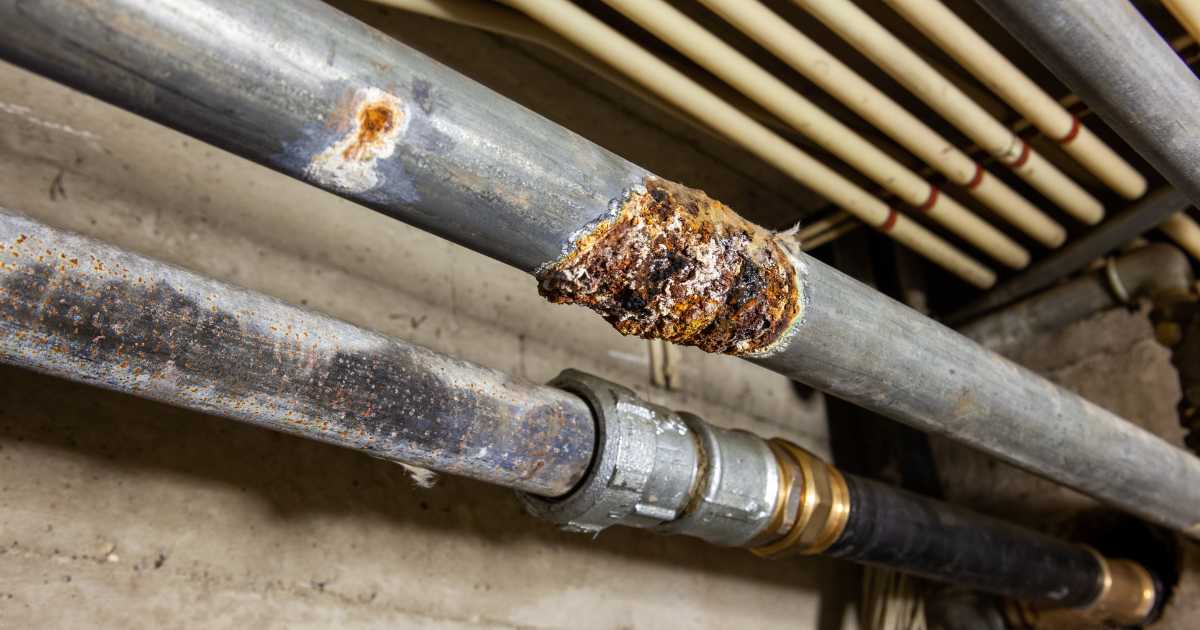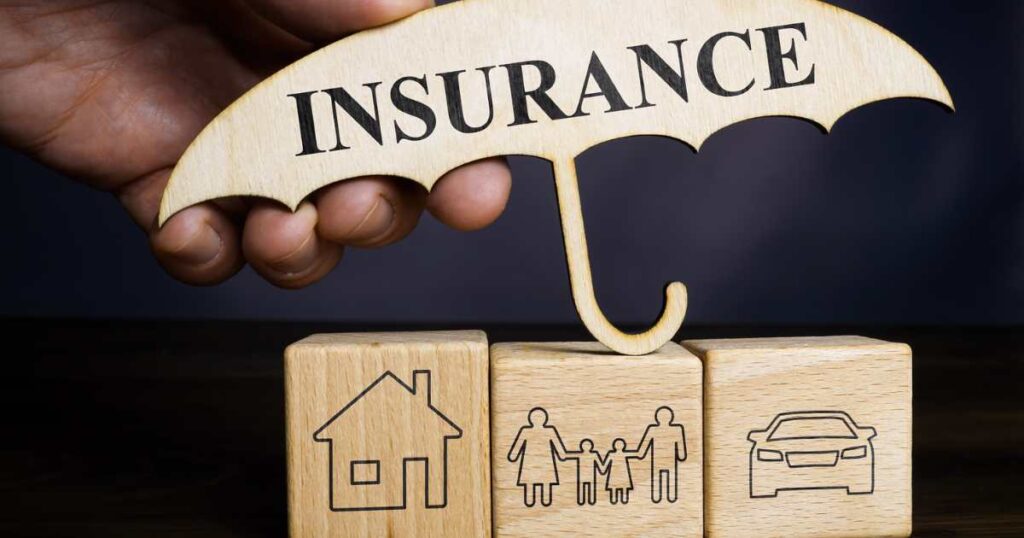While many associate environmental liability with heavy industries like manufacturing and construction, the truth is that a wide array of sectors face significant, often overlooked, pollution exposures. Ignoring these hidden risks can lead to devastating financial and reputational consequences.
Let’s explore how environmental liability extends far beyond the obvious.
Real Estate: More Than Just Location, Location, Location
The real estate industry carries substantial environmental risks that go beyond leaky pipes. Consider the potential for soil and groundwater contamination from past land uses, such as former gas stations or dry cleaners. Even seemingly innocuous activities like landscaping can introduce pesticides and herbicides into the environment, leading to liability issues down the line. Asbestos in older buildings, lead paint, and mold growth also present significant environmental hazards that property owners and developers must address. A knowledgeable insurance broker can help assess these risks and secure appropriate coverage.
Agriculture: Cultivating More Than Just Crops
Agriculture, while vital, also presents various environmental liabilities. The use of fertilizers and pesticides can lead to water pollution and soil degradation. Animal waste management poses risks of nutrient runoff into waterways and the release of greenhouse gases. Even seemingly sustainable practices can have unforeseen environmental consequences. Farmers and agricultural businesses need to understand these exposures and work with an experienced insurance broker to develop robust risk management strategies and insurance plans.
Healthcare: A Duty to Care Extends to the Environment
The healthcare industry, focused on healing and well-being, also faces environmental liabilities. Hospitals and medical facilities generate various hazardous wastes, including pharmaceuticals, chemicals, and infectious materials. Improper disposal of these substances can lead to soil and water contamination, impacting both the environment and public health. Furthermore, the increasing focus on sustainability and reducing carbon footprints adds another layer of environmental responsibility. Healthcare organizations need to partner with a qualified insurance broker to ensure they have adequate environmental liability coverage.

Beyond the Obvious: Other Hidden Exposures
The list doesn’t end here. Even seemingly low-risk industries can face unexpected environmental liabilities. Educational institutions might encounter issues with laboratory waste or asbestos in older buildings. Retail businesses can be held responsible for improper disposal of electronic waste or spills of cleaning chemicals. Service industries might face liabilities related to vehicle emissions or the use of hazardous materials in their operations. A proactive approach, guided by a trusted insurance broker, is essential for identifying and mitigating these hidden risks across all sectors.
Strategies for Managing Environmental Risk
Understanding your environmental exposures is just the beginning. To truly protect your organization, proactive steps must be taken to minimize potential liabilities. Here are some practical strategies companies across all industries can implement:
-
Conduct Regular Environmental Audits: Periodically assess your operations, facilities, and past property use to uncover potential environmental risks before they become liabilities.
-
Implement Preventative Policies and Procedures: Develop clear protocols for handling hazardous materials, waste disposal, equipment maintenance, and emergency response. Train employees regularly to ensure compliance.
-
Stay Current with Regulations: Environmental laws and guidelines are constantly evolving. Work with industry experts or legal counsel to ensure your business stays compliant with local, state, and federal requirements.
-
Invest in Sustainable Practices: Reducing your environmental footprint not only helps the planet—it can also reduce exposure. Consider low-impact materials, efficient waste management systems, and green technologies.
-
Maintain Comprehensive Insurance Coverage: Tailored environmental liability insurance is essential, especially for industries with hidden or indirect exposures. Partner with an experienced broker who understands your sector’s unique risks and can match you with appropriate coverage.
-
Develop a Crisis Management Plan: Even with precautions, incidents can occur. Having a clear, actionable response plan—including communications and remediation procedures—can significantly reduce the long-term impact of an environmental event.
By integrating these strategies into your operations, you can demonstrate environmental responsibility, reduce potential liabilities, and protect your organization from unforeseen challenges.
Protecting Your Future
Don’t let hidden environmental risks jeopardize your business or future. Tooher-Ferraris Insurance Group provides comprehensive insurance solutions tailored to your specific industry needs.
Contact us today to discuss your unique business situation.









